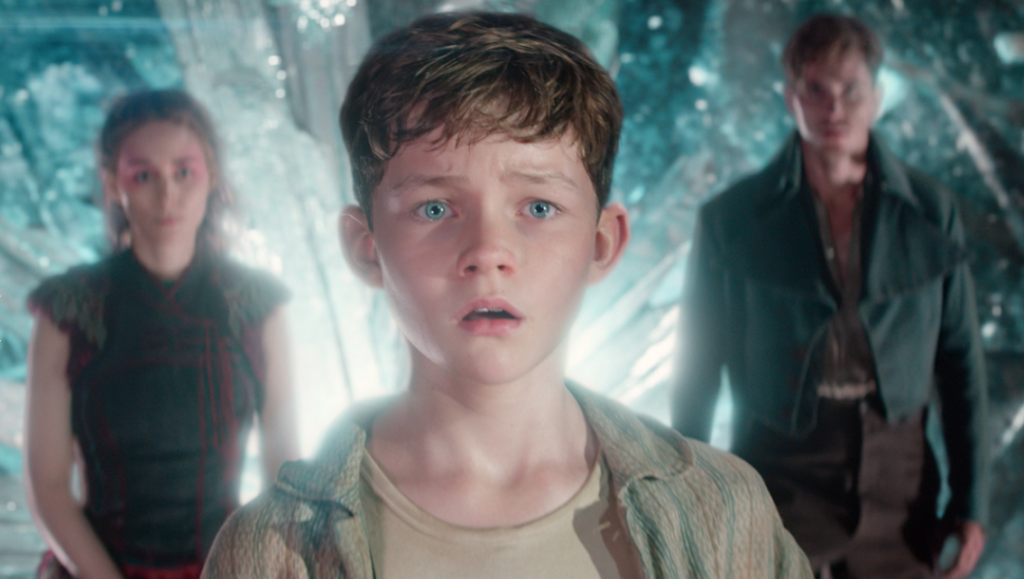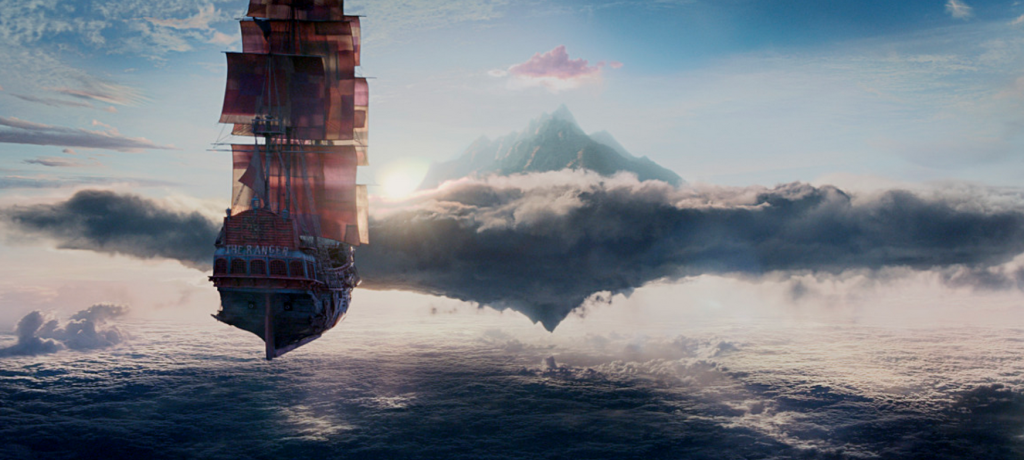Sadly, the latest big-screen adaption of Peter Pan has failed in almost every way possible. From a business perspective, the film will end up costing Warner Bros., the studio that funded the project, a staggering $100 million or more. The film was made on a budget of $150 million and spent nearly the same amount on a global marketing campaign. That means that Pan would’ve needed to gross at least $300 million before it even became profitable for the studio. On its opening weekend in the U.S., Pan grossed a paltry $15 million. After the failure in the domestic market, the filmmakers hoped the foreign audiences, China specifically, could save the film. Instead, when Pan opened in China it brought in just over $3 million in its first four days. At the time this article was written the total global box office haul for the film sits at $94 million, a number obviously and woefully short of profitable. And that total global box office gross isn’t expected to change much in the film’s last few weeks in theaters before the November releases push it out.
Critically, the film hasn’t fared any better. The critical consensus aggregated by Rotten Tomatoes rates the film a 26 on a scale of 100, meaning by the site’s standards Pan is an especially rotten and generally bad movie. Individually critics can elaborate beyond just numerical scores. Bilge Ebiri of Vulture claims the movie “piles predictable action scenes atop borrowed plot points.” The A.V. Club‘s Ignatiy Vishnevetsky called it “at once thinly conceived and maddeningly over-designed, irreverent and over-serious, and chock-full of strained references.” Vishnevetsky is likely referring here to the odd moments when Blackbeard’s prison miners inexplicably break out into singing Nirvana’s “Smells Like Teen Spirit” and later The Ramones’ “Blitzkrieg Bop.”
The film was also working against a sense of promise and, in some cases, even high expectations. Several of the stars, specifically Rooney Mara and Hugh Jackman, were proven artists capable of doing moving and impressive on-screen work. In 2013 the script was ranked by Hollywood writers as one of the top unproduced screenplays. And the director Joe Wright had an impressive resume of Academy Award winning literary adaptions including Pride and Prejudice, Atonement, and Anna Karenina. And Wright had even shown exceptional skill for including fairy tale iconography in his 2011 film Hanna.
The true failure of Pan is that it abandons everything about Peter Pan’s mythos that has endeared that character and story to audiences for decades. Instead of telling a story about the wonder of make believe and the difficulty of growing up, Pan positions Peter as the “chosen one” foretold by “the prophecy” who would bring balance the war ravaging Neverland. Blackbeard continues his journey from history, to lore, and now into fiction as a time traveling tyrant strip mining Neverland for its mineral supply of Pixum, the petrified fairy dust which Blackbeard smokes to reverse the aging process. The lost boys and Darlings are entirely absent (which is understandable, as Pan is a prequel). Hook is inelegantly presented as a strange mix of Han Solo, Jack Sparrow, and Indiana Jones. Mr. Smee is a middling yet purposeful double crosser. Tiger Lily is confusingly played by the lily white Rooney Mara (sure, in Pan‘s Neverland full of flying pirate ships and skeleton birds anything is possible, but that doesn’t not make this casting choice problematic) and she is narratively underserved after being introduced as a strong female character, a trend identified and named Trinity Syndrome by film critic Tasha Robinson.
Peter Pan, the avatar for mischieveous childhood adventure, was instead morphed into a Harry Potter knockoff obsessed with connecting with an absentee mother in a madcap Neverland overly explained and strangely populated. As BYU professor George Nelson put it once, “they steal the title, but don’t tell the story.” That is the sad, unfortunate truth with Pan.


One thing I’m starting to realize is that in Hollywood you apparently don’t have to make movies based on old stories. It’s instead okay to make movies based on what people vaguely remember about movies based on old stories. I say this because Pan does numerous things to contradict the original story of Peter Pan but doesn’t do anything to really contradict the unrelated Disney animated version. First of all, the movie opens in the 1940s during the London Blitz. This is about four decades after the original play and book premiered. Unless traveling to Neverland allows for time travel, this seems really odd. What else? Well, there’s this great scene in the original play where Peter explains what happened when he tried to return home to his real mother. When he gets there, he finds the window closed and a new little boy asleep in his bed. Feeling betrayed, he turns away and flies back. It’s the one scene in the play that gives a glimpse of Peter Pan’s past and what made him who he is. You get the childlike feeling of betrayal. Peter had in his naivete assumed that she would just naturally leave the window open for him, but how could she have known? That scene is completely contradicted by this film in which he seeks for his mother who was some kind of Neverland revolutionary. But hey, it doesn’t contradict what people vaguely remember. Sure, people passed on seeing this movie, but mostly it seems that they didn’t want to see another “chosen one” storyline.